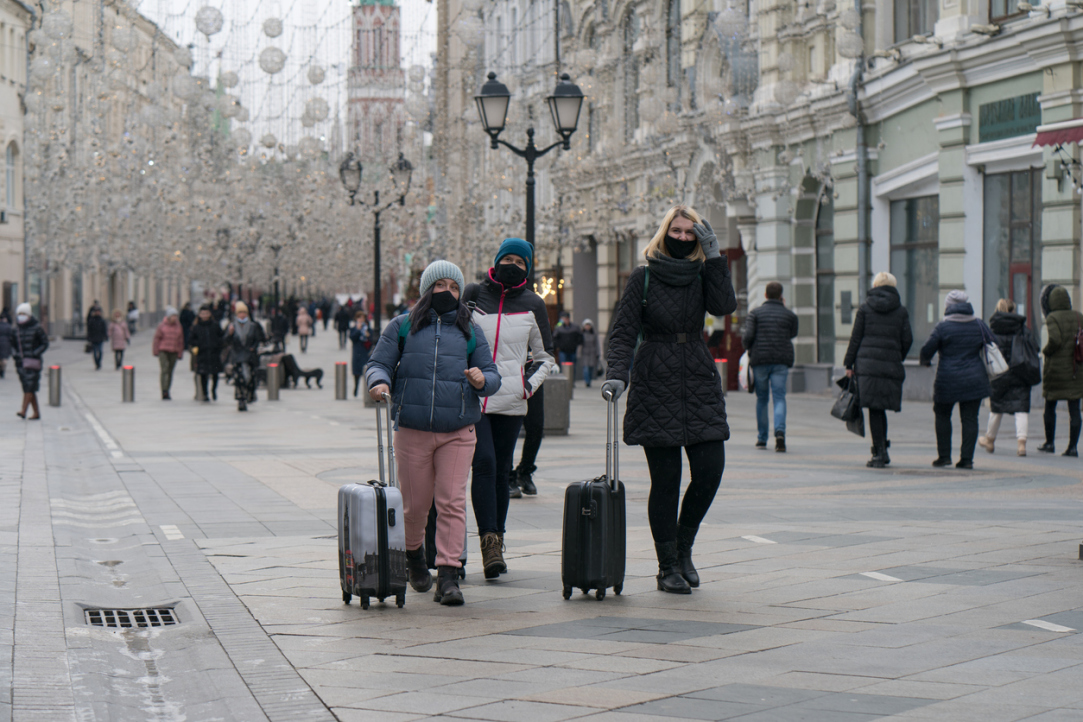
The Core of the Nesting Doll: What a Comparison of the April Conference, the World Economic Forum, and the Gaidar Forum Reveals
This year the April International Academic Conference on Economic and Social Development took place for the twenty-second time, and, for the first time, Sberbank joined HSE University as a co-organizer of the event. Research assistants of the Economic Journalism Laboratory, headed by Nikolay Vardul, analyzed the agenda of the April Conference and compared it with those of other major forums. The findings of the study can be found among the laboratory’s publications.

‘All of the Most Interesting Research Today Happens at the Borders between Different Disciplines’
The Russian Ministry of Education and Science has approved a new nomenclature of specializations in which academic degrees are conferred in Russia. The new list includes 21 new fields, including cognitive science. Maria Falikman, Head of the HSE School of Psychology, discusses the history of cognitive science, its formation at HSE, and its prospects for development.
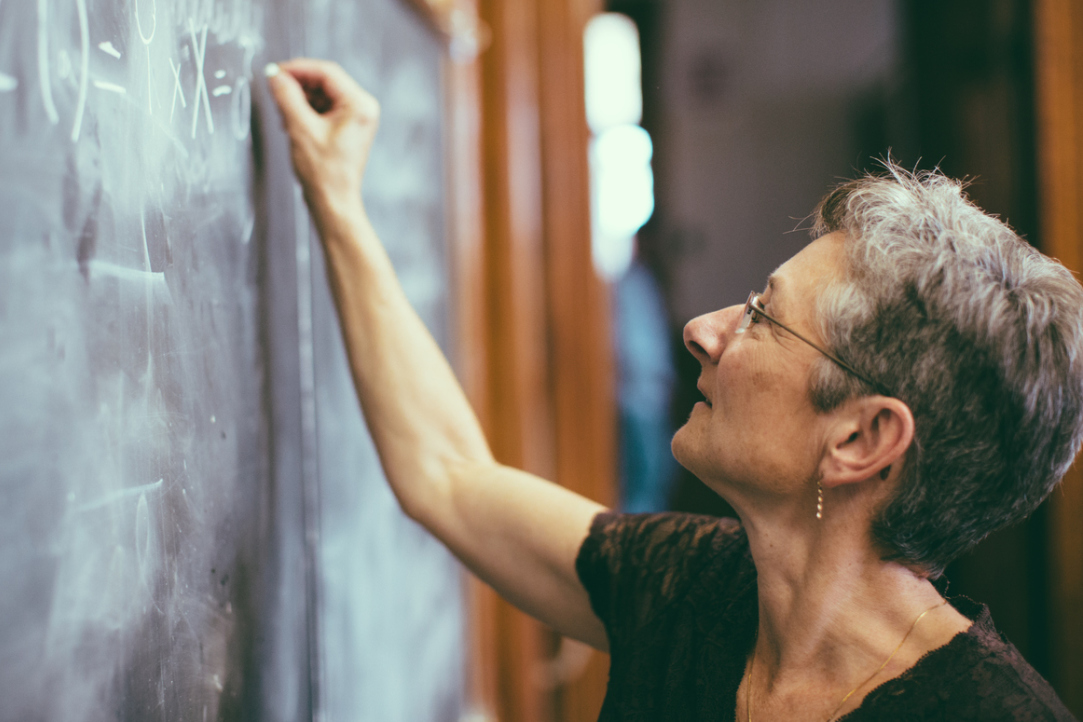
University Salaries Show Poor Correlation with Academic Achievements
In 2012, many universities started signing incentive contracts with their staff in order to stimulate research and active inclusion in the global academic market. Together with orders issued by Russia’s president in May, this has led to growth in university salaries. But exactly which responsibilities increase pay — teaching, research or administrative work? The answer to this question will help improve the effective contract system to make it profitable both for teachers and universities.
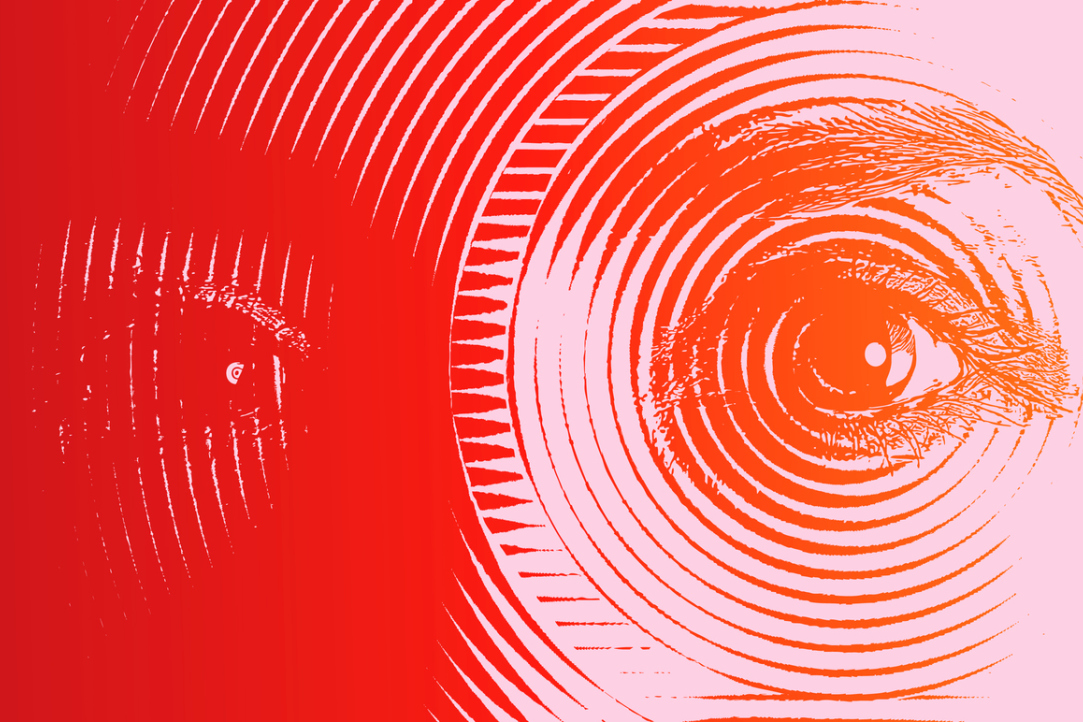
Attention Priority Map Explains Surprising Phenomena of Visual Search
Researchers from HSE University and Harvard University have found that the speed of finding an item with a unique combination of features is not affected by the ease with which these items can be grouped by features. Such results are predicted by theories of parallel attention control. The study is published in the Journal of Vision.
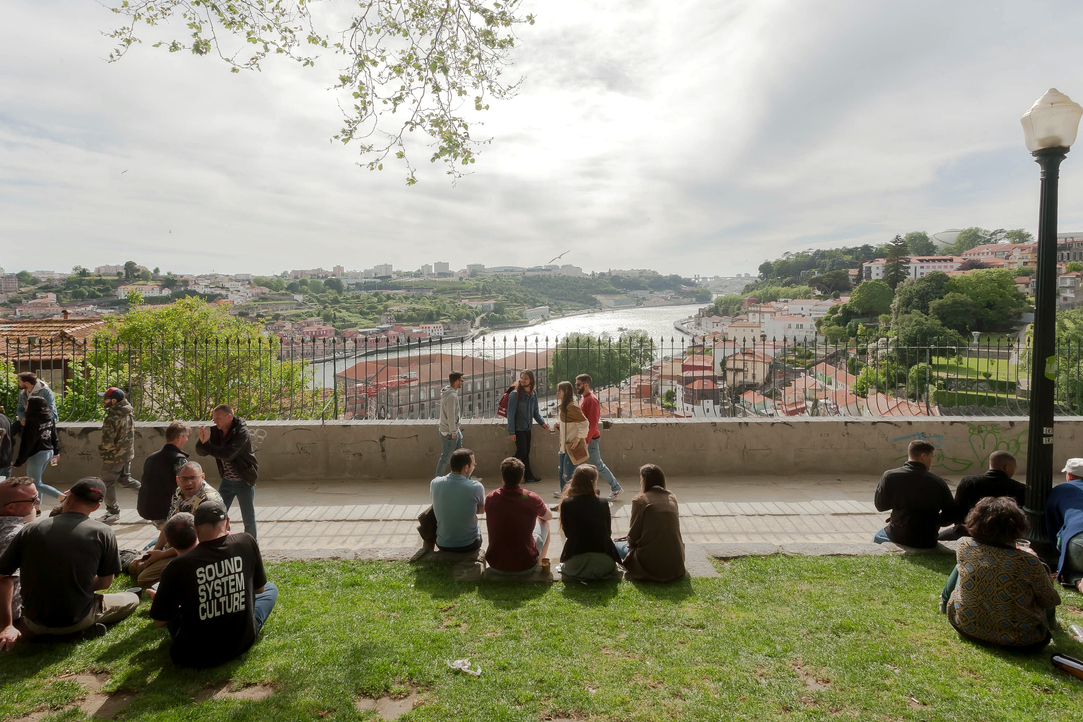
Life Satisfaction among Young People Linked to Collectivism
The values of collectivism remain important for young people. They promote a sense of loyalty to family and a willingness to accept support from loved ones. Young people who value mutual assistance and a close relationship with others are more satisfied with life, regardless of whether they belong to a collectivist or individualist type of culture.
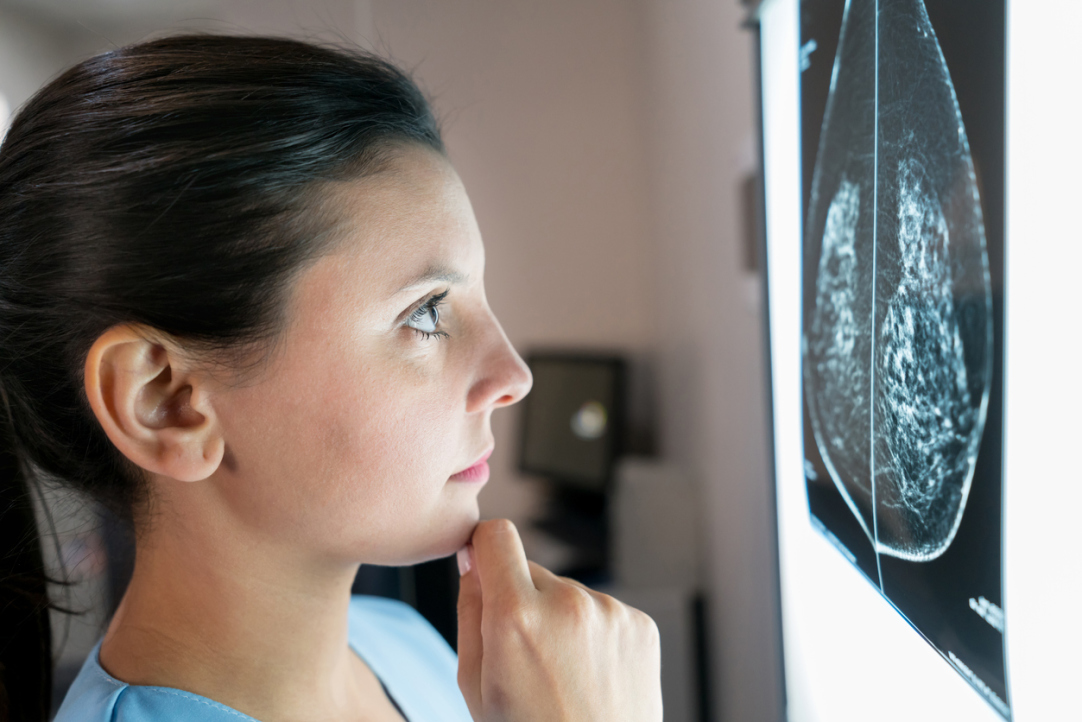
Researchers Establish Intracellular Interaction Network in Breast Cancer
HSE University researchers have identified the genes that play a crucial role in breast cancer metastasis. The results of the study were published in the journal PLOS ONE.

HSE University Researchers Track Language Abilities of Russian Children with ASD
Researchers from the HSE Center for Language and Brain have, for the first time, described the language abilities of Russian children with Autism Spectrum Disorder (ASD) at all linguistic levels (e.g., phonology, lexicon, morphosyntax, and discourse), using a language test that takes into account the psycholinguistic variables most relevant for Russians. The study was published in Journal of Autism and Developmental Disorders.

Exploring the History of Places and Environment in Russia
The collective volume Place and Nature: Essays in Russian Environmental History, co-edited by David Moon, Nicholas B. Breyfogle, and HSE researcher Alexandra Bekasova, was recently presented at a seminar of the Laboratory for the Environmental and Technological History of the Centre for Historical Research at HSE – St. Petersburg. The book is one of the fruits of a networking project carried out in 2013-2016 with active participation of HSE researchers.
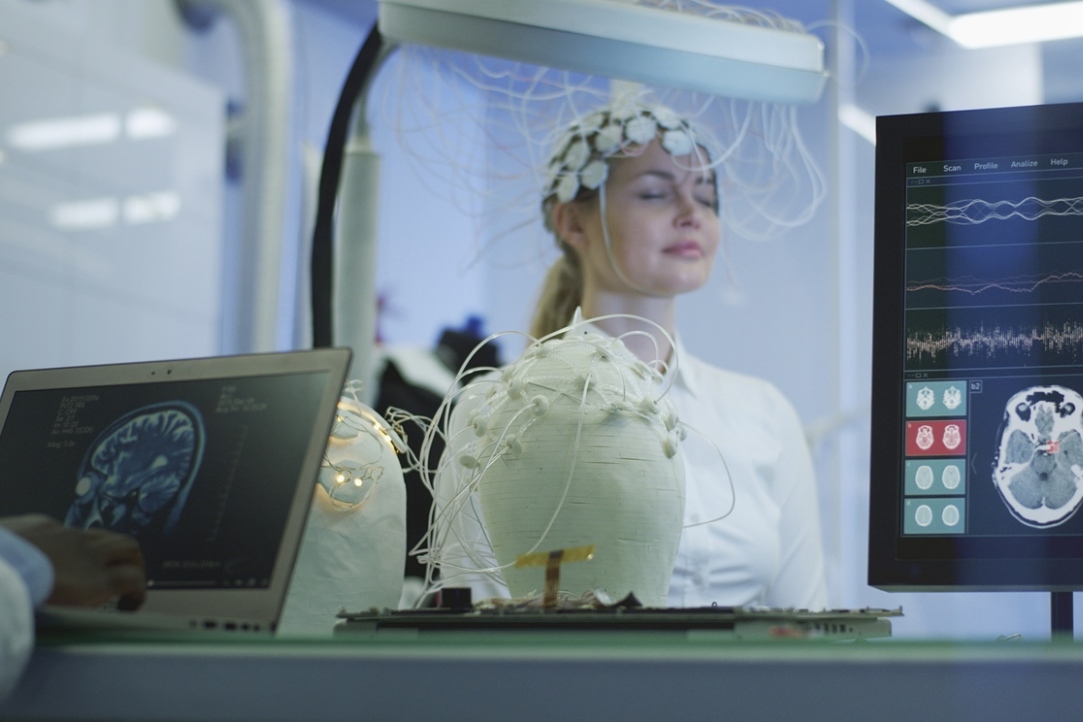
Magnetic Impulses Help Create Muscle Activity Maps to Diagnose Motor Disorders
Using transcranial magnetic stimulation, Russians scientists were able to precisely track inter-muscle interactions between cortical representations of arm muscles. In the future, this method will help track brain changes in patients with motor disorders. The study was published in Human Brain Mapping. The project was supported by the Presidential Programme of the Russian Science Foundation (RSF).
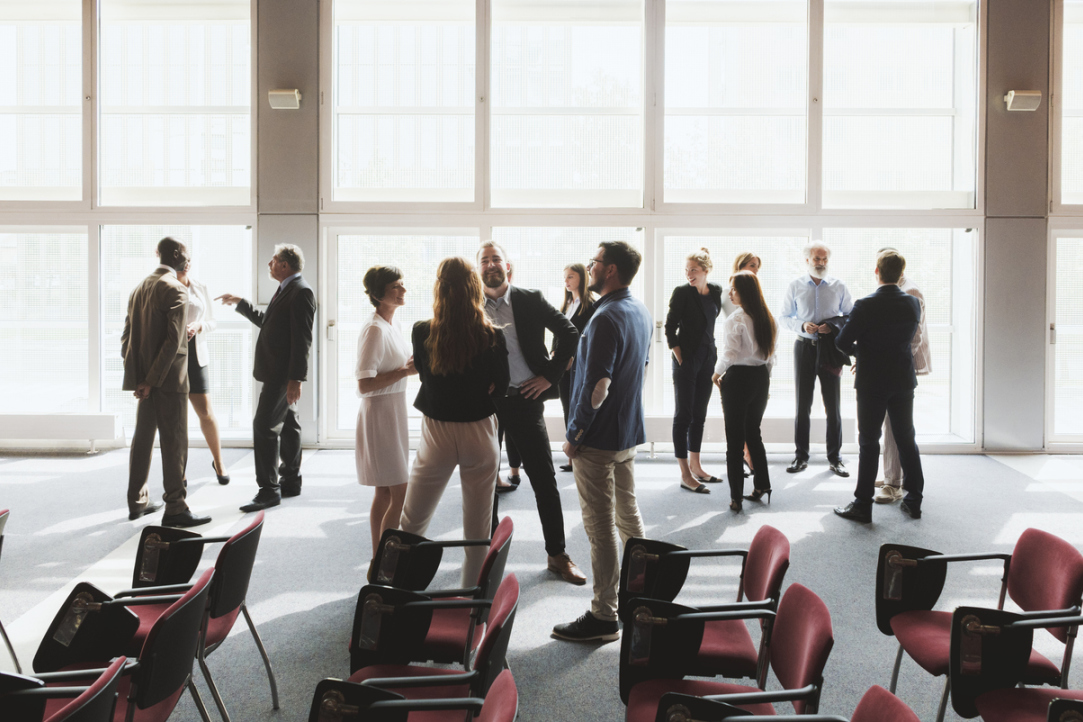
Between St. Petersburg and Moscow: International Lab Researchers Create a New Theoretical School
In Russia, 2021 was declared the Year of Science and Technology. HSE has always paid special attention to the development of science, and more than 40 international laboratories have played an important role in the development of the university as a world research centre. One of the University’s first such laboratories was theRonald F. Inglehart Laboratory for Comparative Social Research (LCSR), named after its academic supervisor at the time, American sociologist and political scientist Ronald Inglehart. HSE News Service spoke with LCSR Laboratory Head and professor of sociology Eduard Ponarin (HSE – St. Petersburg) about the Laboratory’s work over the past decade.


Application deadline: June 23, 2025